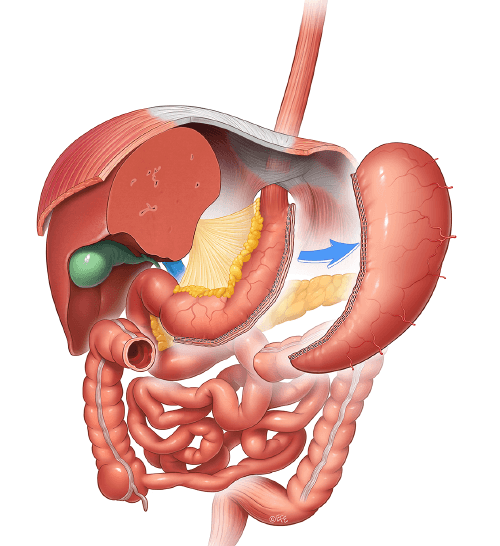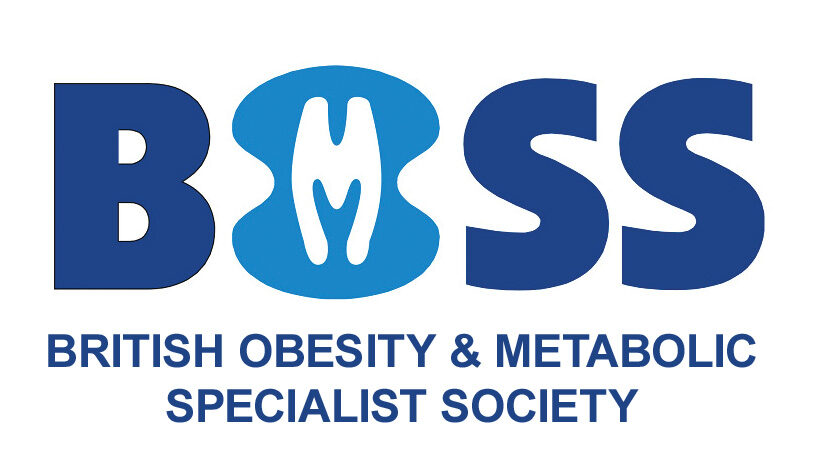Sleeve gastrectomy as a standalone procedure has now been undertaken since 2008. The surgery involves removing 75% of the stomach. The rest of the gastrointestinal tracts remain untouched.
The surgery alters gut signals that regulate appetite, taste and blood sugar. The new stomach holds considerably smaller volume than the normal stomach and helps to significantly reduce the amount of food (and thus calories) that can be consumed. Medium- and short-term studies show that the sleeve is as effective as gastric bypass in terms of weight loss and improvement or remission of diabetes.
On average people lose 20-30% of their total body weight after surgery.
Sleeve gastrectomy also require adherence to dietary recommendations, life-long vitamin/mineral supplementation, and follow-up compliance. The surgery is irreversible.

Image source: https://www.ifso.com/images/sleeve-gastrectomy-pop-up.png
Surgical options:
